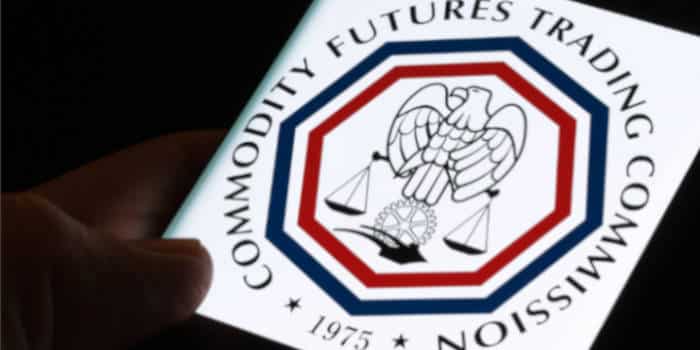Fact-checked by Angel Hristov
CFTC Signals Support for Prediction Markets as State Pushback Intensifies
While the regulator hesitates to issue a concrete ruling regarding the murky legal status of prediction markets, it has not made any moves to prevent their spread across the USA

As the debate over prediction markets in the United States intensifies, the Commodity Futures Trading Commission (CFTC) finds itself under increasing pressure to issue a definitive statement on the sector’s legal boundaries. While state regulators are taking an increasingly harsher stance against event-based contracts, the CFTS recently endorsed the tokenized financial infrastructure that underpins modern prediction platforms.
Innovation Marches On
Speaking at the Futures Industry Association Expo in Chicago, acting CFTC chair Caroline Pham described blockchain-driven markets as more than just speculative experiments. She noted that such offerings were part of the ongoing evolution of global trading. Pham contended that the 24-hour nature of international markets demands tools that traditional banking infrastructure cannot match, and stablecoins are the perfect medium.
Her remarks align with the CFTC’s “Crypto Sprint” initiative, which aims to bring stablecoins and other tokenized assets into the collateral systems used in derivatives trading. Pham added that tokenized finance and prediction markets were products of the same technological shift, arguing that regulators should not resist innovation.
Transformational technologies rarely arrive fully formed. They mature through responsible experimentation, robust public-private collaboration, and clear, forward-looking regulatory frameworks.
Caroline Pham, acting CFTC chair
According to Pham, prediction markets are fully compatible with the guiding principles of market oversight, like integrity, customer safeguards, and risk management. Her remarks echoed earlier statements by SEC Commissioner Hester Peirce, who has publicly encouraged companies to seek the commission’s advice when venturing into tokenized securities.
Traditional Markets Are Feeling the Squeeze
While federal authorities have proven more accepting of prediction markets, individual state regulators have mostly taken a different stance. Kalshi, which holds a CFTC license as a regulated futures exchange, has drawn substantial scrutiny after rolling out contracts tied to NFL and NHL games. Many states argue that the platform is exploiting its federal status to offer what amounts to sports betting in jurisdictions where it is banned.
According to legal experts, the dispute hinges on a specific distinction: can futures contracts legitimately cover outcomes such as sports results, or does that push the activity into the territory of gambling, which is governed at the state level? The CFTC has so far refrained from providing a conclusive ruling. While officials maintain that states can still apply their own gambling laws, prediction markets continue citing their federal oversight as a shield.
State regulators, gambling operators, and tribes are increasingly irritated with the ongoing ambiguity. The Pennsylvania Gaming Control Board recently warned that prediction platforms threaten established regulatory systems. Nevada officials have also taken a harsh stance. However, attempts at legal crackdowns have not stopped platforms like Kalshi from promoting their ability to offer contracts on game outcomes “in all 50 states.”
Deyan is an experienced writer, analyst, and seeker of forbidden lore. He has approximate knowledge about many things, which he is always willing to apply when researching and preparing his articles. With a degree in Copy-editing and Proofreading, Deyan is able to ensure that his work writing for Gambling News is always up to scratch.

















